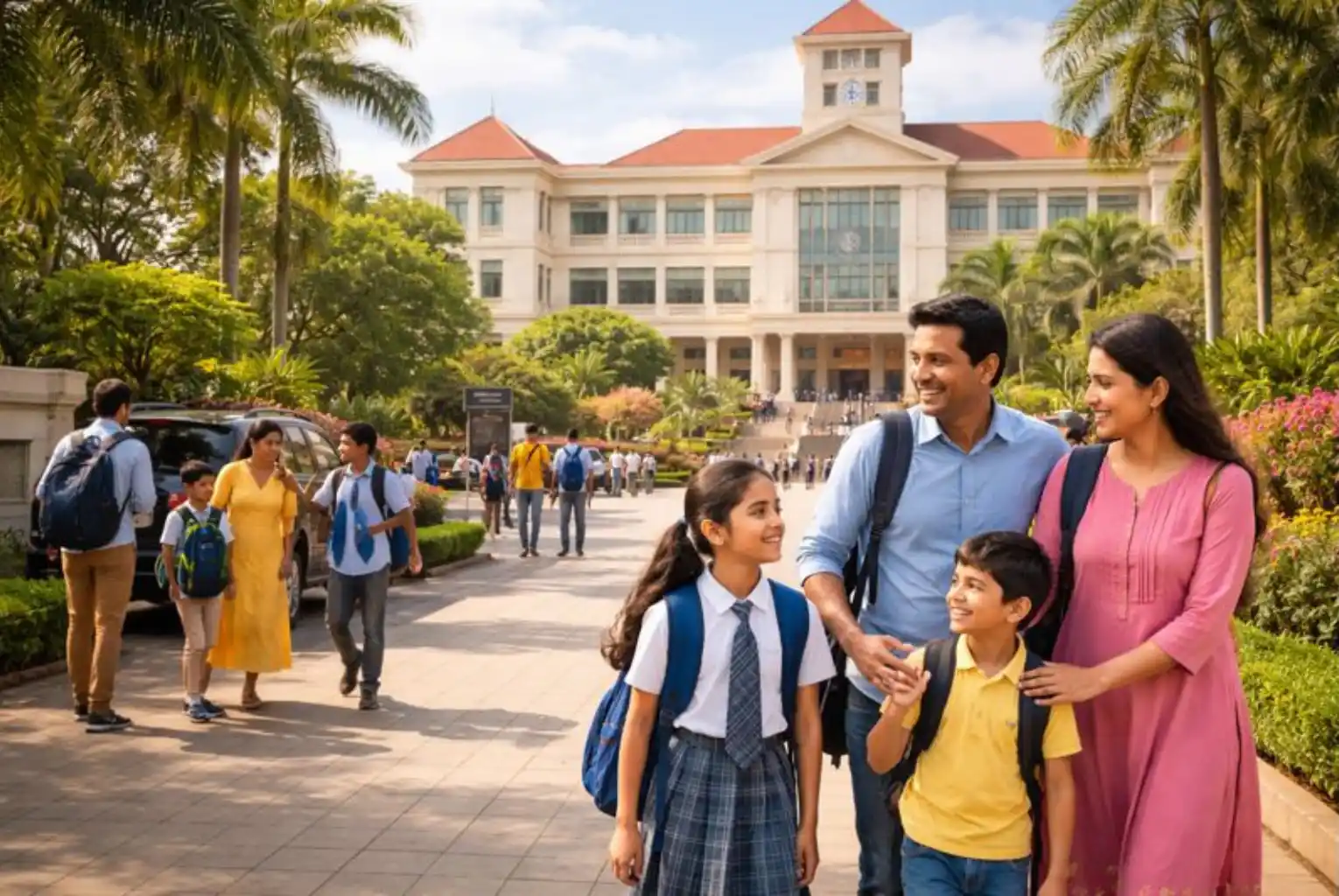THE IMPORTANCE OF CULTURAL SENSITIVITY IN INTERNATIONAL RELOCATION

Introduction
Why is Cultural Sensitivity Necessary in Overseas Relocation?
One of the issues in international relocation is adapting to cultural relocation differences. For instance, in one country it may be polite, but in another country, it can be rude. Simple gestures, such as a handshake, eye contact, or mode of greeting, vary from one culture to another. This is where international relocation cultural training intervenes, readying individuals with the knowledge on how to adapt.
Understanding Cultural Differences and Their Impact
Strategies for Enhancing Cultural Sensitivity in International Relocation
- Take Part in Cultural Training Programs – Several companies provide international relocation cultural training for employees and their families to make the transition smooth. Such programs address crucial areas like social norms, local customs, and work expectations.
- Learn the Local Language – Fluency may not be a necessity, but being able to pronounce simple expressions can significantly add to daily life and facilitate rapport with the natives.
- Be Open-Minded and Flexible – Cultural acceptance and adaptability are critical to a successful relocation experience.
- Respect Local Customs and Traditions – Knowledge about religious practices, festival culture, and traditional values helps expats to blend easily into their new environment.
Overcoming Cultural Barriers During Relocation
- Consult with Support Networks – Connecting with other expatriates or engaging with community groups could provide emotional support and helpful advice.
- Learn about Local Business Culture – Office etiquette differs significantly globally. Learning business culture in international relocation is the determinant of professional achievement.
- Recognize and Respond to Language Differences – Attending classes to learn a language or the use of translating software can support enhanced communication as well as relationship-building.
- Exercise Patience and Compassion – Adjusting to a new culture is a time-consuming process. Patience with oneself and others ensures a smooth transition.
Cultural Sensitivity at Work
- Communication Styles at Work – Some cultures like direct communication and others have high-context or indirect communication. Knowledge of these differences prevents misunderstandings.
- Teamwork and Expectations of Leadership – Hierarchy in the workplace is followed rigidly in some cultures, while others have open communication and no hierarchy.
- Meeting and Negotiation Etiquette – Varying expectations regarding punctuality, decision-making, and bargaining techniques exist internationally.
Cultural Sensitivity Role in Family Relocation
- Spouse Adaptation – The majority of spouse accompanists face career dislocation and loneliness in a foreign country. Support groups and expatriate clubs can ensure easier adaptation.
- Children’s Adjustment – Enrolling children in overseas schools, introducing them to country living, and forming friendships with other children will ease their transition.
- Managing Household Integration – Familiarity with local shopping habits, transportation systems, and health facilities is important for families to integrate well into society.
Long-Term Cultural Integration
- Building Durable Friendships – Developing true relations with the native population builds knowledge of culture and belonging.
- Participation in Local Festivals – Living in local events and practices broadens cultural awareness.
- Remaining Up-to-Date on Cultural Developments – Cultures evolve, and remaining up-to-date with cultural practices ensures expats are still part of society.
- Serving as a Cultural Ambassador – Exchanging cultures with locals generates a two-way cultural exchange, which benefits both parties.
How PM Relocations Support Cultural Sensitivity in Global Transitions
Our commitment to global mobility ensures clients are provided with the support they need to thrive in their host country. Whether you relocate for work, school, or personal reasons, PM Relocations is committed to ensuring your experience is stress-free. With cultural awareness, we support clients in establishing themselves confidently and comfortably, enriching their global relocation as a rewarding experience.
Our Blogs

BEST SCHOOLS IN CHENNAI: WHY THE CITY CONTINUES TO SHAPE INDIA’S EDUCATION FUTURE
Chennai has long been a powerhouse of quality education. From top CBSE and ICSE schools to globally recognized international institutions, the city continues to nurture academic excellence, discipline, and future-ready learning.

GUIDE TO THE BEST SCHOOLS IN AHMEDABAD FOR YOUR CHILD’S BRIGHT FUTURE
Choosing the right school is one of the most important decisions for every parent. This guide explores the best schools in Ahmedabad, highlighting academic excellence, modern facilities, and holistic development to help secure your child’s bright future.

EDUCATION FIRST: WHY BEST SCHOOLS IN BANGALORE CONTINUE TO ATTRACT FAMILIES ACROSS INDIA
Bangalore has become one of India’s most sought-after destinations for quality education, attracting families from across the country year after year. Known for its progressive learning environment, the city is home to some of the best CBSE, ICSE, and international schools, offering globally recognized curricula, experienced faculty, and state-of-the-art infrastructure. Beyond academics, these schools focus on holistic development, innovation, and extracurricular excellence—making Bangalore an ideal choice for parents who prioritize education while planning a long-term relocation for their family.



